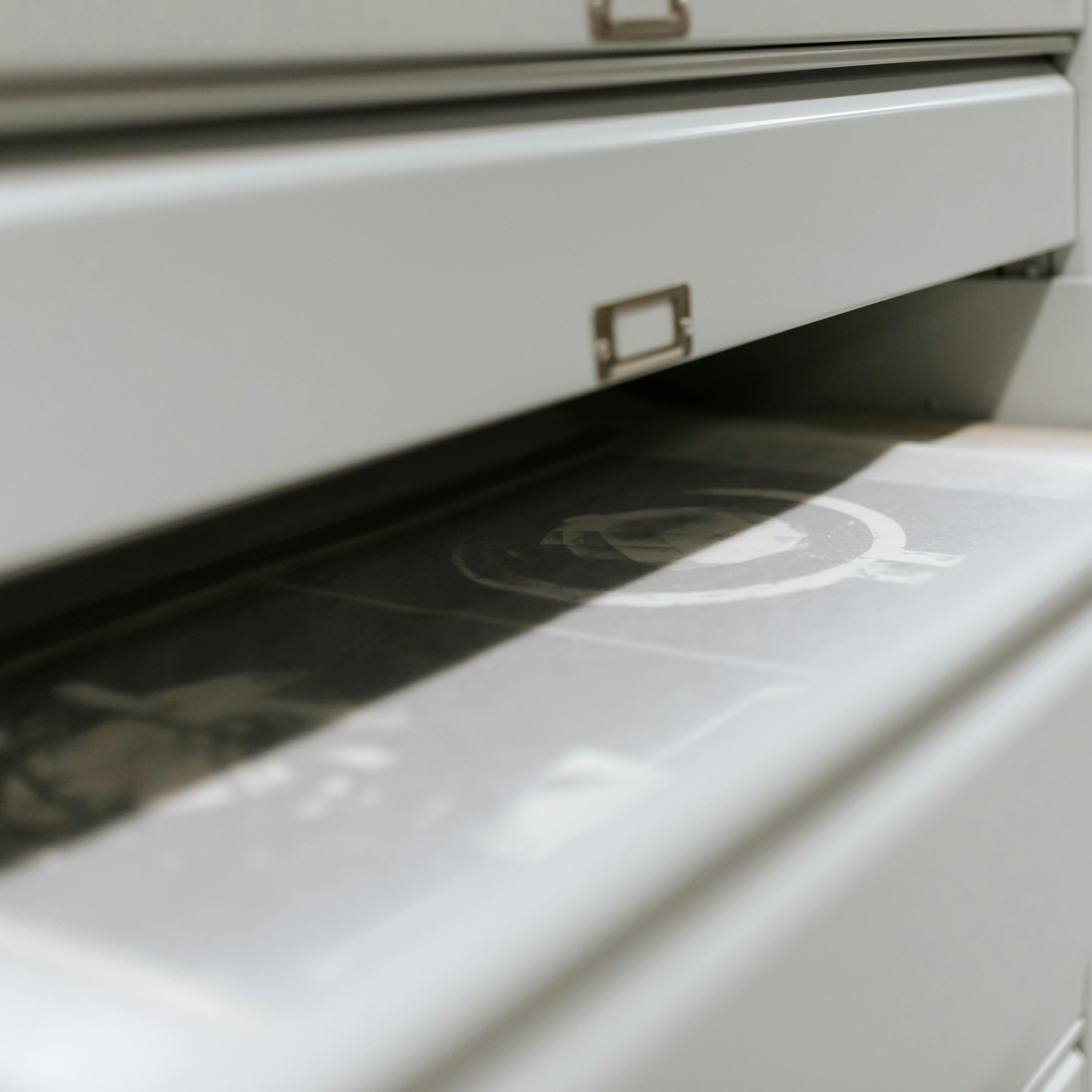Photography
The LNMA’s photo collection is new and still being developed, and it has been expanded with works from 1985 to 2015. Andrejs Grants, Inta Ruka, and Gvido Kajons began their photographic work in the 1970s, marking a shift from salon aesthetics to subjective documentalism. Their series “Kolēģi, draugi, paziņas” (Colleagues Friends, Acquaintances), “Mani lauku ļaudis” (My Country Folks) and “Tēma 011” (Theme 011) are made in the portrait and street photography in genre boundaries. These artists shared a passion for analogue photography. In the 21st century, Inta Ruka un Andrejs Grants continue to make copies of their gelatine silver photographs, a rarity today. The silver copies from Valts Kleins’ 1992 series “Gribu būt laimīgs” (I want to be Happy) signal the onset of conceptualism in photography. The bulk of the acquisition comprises 21st-century conceptualist photographs. This is surprisingly manifested in a vernacular manner by the employment of ready-made in Ivars Grāvlejs’ series “Akcijas un performances” (Happening and Performances) and “Deviņdesmitie” (The Nineties), exhibiting amateur photos he took as a schoolboy, which demonstrate the spontaneous, playful attitude of a teenager often lost in professional works. Arnis Balčus’ portrait series “Es, draugi, mīļākie un citi” (Myself, Friends, Lovers and Others, 1998–2004) reveals the first post-Soviet generation at the start of the new millennium. Their revelation of intimate moments, including homosexual relationships broke the taboos of the time but later created a new movement in Latvian photography in which young male and female photographers recorded the private moments of their peers in digital accidents. Investigative photo projects were a notable trend. These are represented by Ieva Epnere’s “Rīgas cirks” (Riga Circus), dedicated to the vanishing world of the circus, Diāna Tamane’s anthropological photo series about her family, with her mother as the central figure, Viktorija Eksta’s exploration of rural life in the series “Dievs. Daba. Darbs” (God. Nature. Work), and Andrejs Strokin’s surreal urban series “Cilvēki kāpās” (People in the Dunes).
